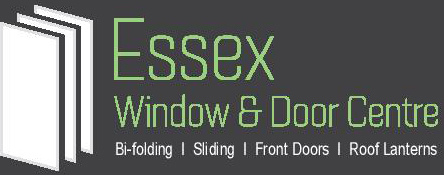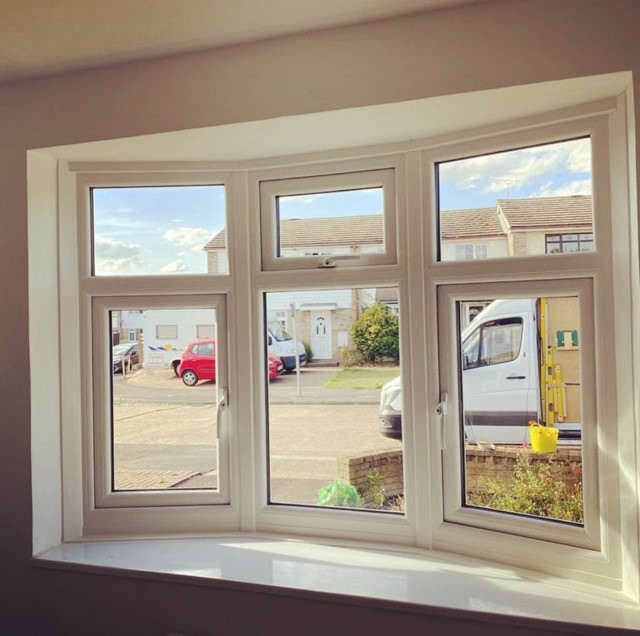Wooden windows, while offering charm and a classic aesthetic, are prone to deterioration over time. Understanding the reasons behind this deterioration, how often wooden windows need replacing, and why UPVC windows are a better alternative can help homeowners make informed decisions about their home’s longevity and efficiency.
Why Wooden Windows Deteriorate
Wood is a natural material, and while it has been used for centuries in construction, it is vulnerable to the elements. The primary reasons wooden windows deteriorate include:
- Moisture: Wood absorbs water, which leads to swelling, warping, and eventual rotting. Rain, snow, and humidity are constant threats to the integrity of wooden frames. Over time, even the best paint or varnish will wear off, allowing water to seep into the wood.
- Pests: Woodworm, ants, and other wood-boring insects can cause significant damage to wooden window frames. These pests feed on the wood, weakening the structure and leading to costly repairs.
- Temperature Fluctuations: Wood expands and contracts with temperature changes. Over time, this constant movement can cause cracks in the frame, leading to drafts, reduced insulation, and further moisture intrusion.
- Maintenance: Wooden windows require regular upkeep, such as painting, sealing, and varnishing. If neglected, the protective layer can break down, accelerating the deterioration process. Many homeowners underestimate the level of maintenance needed to keep wooden windows in good condition.
How Often Wooden Windows Need Replacing
The lifespan of wooden windows varies based on the quality of the wood, the level of maintenance, and the local climate. On average, wooden windows need replacing every 15 to 20 years. However, in harsher climates or when maintenance is lacking, they may need to be replaced sooner. Regular inspection is crucial to catch signs of deterioration, such as rotting, warping, or cracking, before they lead to more significant problems.
Why UPVC Windows Are a Better Option
UPVC (Unplasticized Polyvinyl Chloride) windows offer several advantages over their wooden counterparts, making them a superior choice for modern homeowners.
- Durability: Unlike wood, UPVC is not affected by moisture, pests, or temperature changes. It doesn’t rot, warp, or swell, ensuring a longer lifespan—often lasting over 30 years with minimal maintenance.
- Low Maintenance: UPVC windows require very little upkeep. They don’t need to be painted or sealed and can be easily cleaned with soap and water. This saves homeowners time, money, and effort in the long run.
- Energy Efficiency: UPVC windows offer excellent insulation, reducing heat loss and improving the energy efficiency of your home. This can lead to lower energy bills and a more comfortable living environment.
- Cost-Effective: While UPVC windows may have a higher initial cost than wooden windows, their longevity, low maintenance requirements, and energy-saving properties make them a cost-effective investment in the long run.
At Essex Window and Door Centre we think that while wooden windows have a timeless appeal, they are prone to deterioration and require regular maintenance. UPVC windows, on the other hand, offer greater durability, energy efficiency, and cost savings, making them a better option for most homeowners looking for long-term, hassle-free solutions, and unlike in the past, they now come in a range of colours if the standard white is not for you.
Aluminium windows are also an excellent alternative to wooden and UPVC windows, offering a contemporary, elegant, stylish finish to any home.

